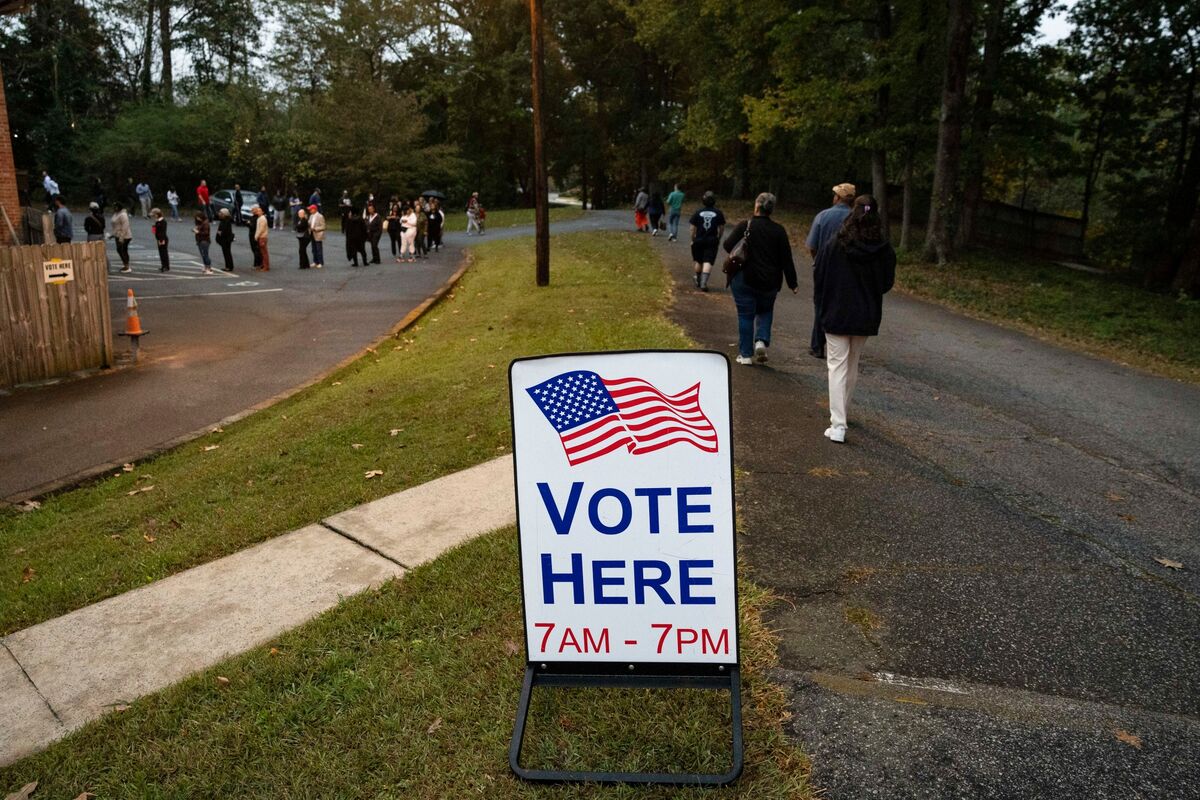Markets React Positively as Election-Driven Optimism Grows

January 29, 2025
Stock markets often react strongly to political events, and elections are among the most significant drivers of investor sentiment. As the dust settles from the latest U.S. election, markets have responded with a surge in optimism, sending stocks higher in what analysts call an "election rally."
This rally is driven by several factors, including policy expectations, economic outlook, and investor sentiment. But can this momentum last? In this article, we explore the key reasons why the election rally could continue and what investors should watch for in the coming months.
Understanding the Election RallyAn election rally refers to a period of stock market gains following an election. Historically, markets tend to perform well in the aftermath of a major political event, particularly when there is clarity on leadership and economic policies.
The reasons behind election-driven market rallies include:
Now, let’s look at the key reasons why this election rally could sustain its momentum.
1. Market Optimism Over Economic PoliciesOne of the primary reasons for the rally is the anticipation of pro-business economic policies. Depending on the party in power, investors may expect:
Investors are carefully analyzing policy proposals to determine their potential impact on corporate earnings and economic growth. If these policies materialize, markets could see sustained gains.
2. Strong Corporate Earnings and Economic ResilienceCorporate earnings are a fundamental driver of stock prices. Despite economic uncertainties, many companies have reported better-than-expected earnings, fueling investor confidence. Key factors include:
If corporate earnings continue to impress, the stock market rally could extend well into the following months.
3. The Federal Reserve’s Monetary PolicyThe role of the Federal Reserve in shaping market sentiment cannot be overstated. Interest rates, inflation, and monetary policies directly impact stock prices. Investors are hopeful that:
Traders are closely monitoring the Fed’s policy signals, and any indication of rate cuts could send markets soaring even further.
4. A Surge in Market LiquidityDuring election periods, government spending often increases, leading to higher liquidity in the financial system. Some contributing factors include:
As long as liquidity remains high, financial markets could continue their upward trajectory.
5. Historical Trends Favor Post-Election GainsLooking at historical data, stock markets tend to perform well after elections. Over the past several decades:
While past performance does not guarantee future results, history suggests that the rally could persist if economic conditions remain favorable.
6. Global Market Trends and Investor SentimentThe U.S. stock market is not the only one experiencing gains. Global investors are also fueling the rally due to:
If global markets continue to reflect positive sentiment, the election rally could see further upside.
Potential Risks That Could Slow the RallyDespite the optimism, there are some risks investors should be aware of:
While these risks exist, careful market analysis and diversification strategies can help investors navigate potential challenges

Investing in Future Trends for Long-Term Growth
Thematic investing focuses on future trends shaping industries. Learn how to capitalize on tomorrow’s opportunities today

Markets React Positively as Election-Driven Optimism Grows
Stock markets are experiencing a strong post-election rally, driven by investor optimism, policy expectations, and economic growth prospects. Will the momentum continue

Annuities Provide Financial Stability and Retirement Security
Annuities offer retirees a reliable stream of lifetime income, protecting them from market volatility and ensuring long-term financial security

The bank repositions its operations, scaling back in Europe, UK, and the Americas.
HSBC is undertaking its largest investment banking retrenchment in decades, planning to exit its M&A and ECM operations in key Western markets. This restructuring focuses on shifting resources to Asia and the Middle East while consolidating debt capital markets and finance-led activities

Stock Market Trends, Economic Updates, and Investment Insights
This week, U.S. markets faced volatility amid earnings reports, Federal Reserve signals, and economic data releases. Investors analyze inflation trends and interest rate forecasts while navigating sector-specific shifts in technology, energy, and financial markets.

Value stocks remain underappreciated as investors focus on growth
Despite historical outperformance over the long term, value stocks remain underweight in many portfolios. With markets favoring growth and technology stocks, are investors overlooking key opportunities in undervalued assets

Stocks remain resilient despite rising interest rates—here’s why.
Higher interest rates often trigger fears of a market downturn, but historical data suggests otherwise. While some sectors face challenges, others thrive in a high-rate environment. Investors should focus on strategic allocation rather than panic selling

Market predictions and trends shaping the equity landscape in Q1 2025
The Q1 2025 equity market outlook explores key factors shaping investor sentiment and market direction, including global economic trends, corporate earnings, and sector rotations. Understanding these factors will be crucial for positioning portfolios in the coming months

Cyclical stocks and economic growth trends lead the market rally.
Economic resilience continues to support a robust cyclical rally, as key sectors benefit from sustained recovery. This outlook emphasizes growth in consumer demand, infrastructure, and industrials, driving cyclical stock performance
The Atlantic Daily
Get our guide to the day’s biggest news and ideas, delivered to your inbox every weekday and Sunday mornings. See more newsletters
.webp)
Ideas That Matter
Subscribe and support more than 160 years of independent journalism.
Subscribe